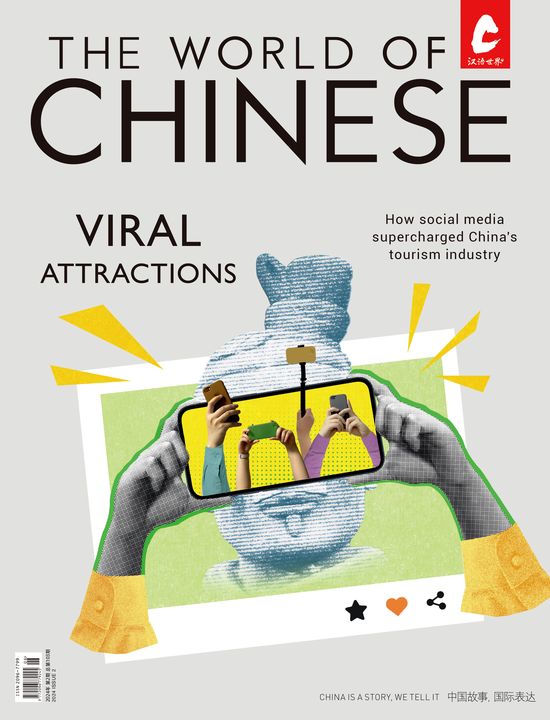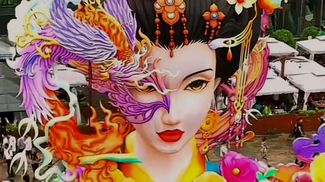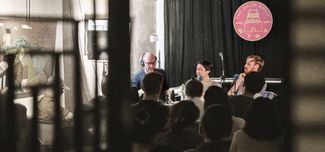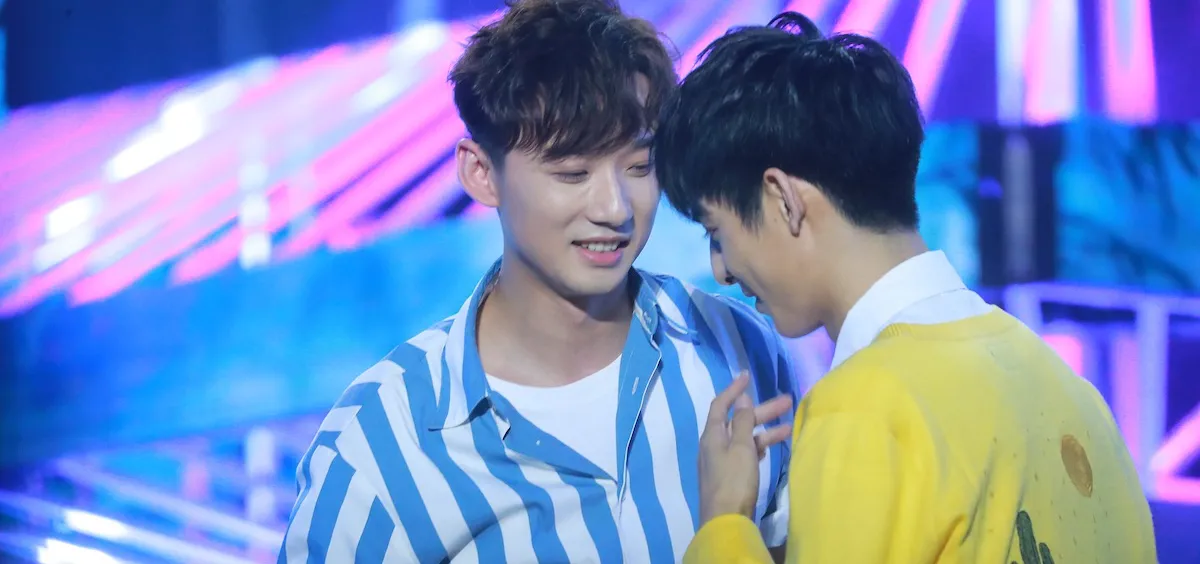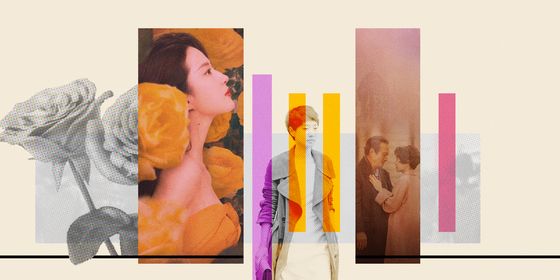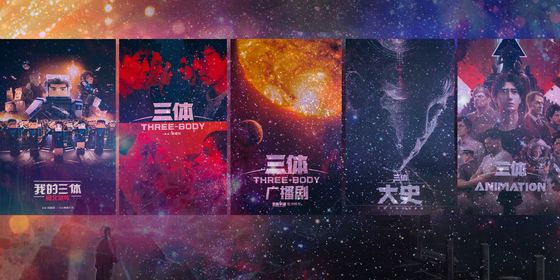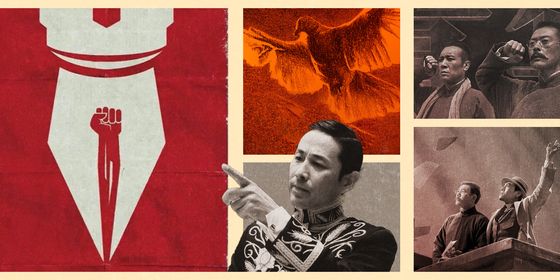Unrealistic portrayals of gay men in straight women’s fantasies raise questions for LGBT representation in media
On May 20, China’s “internet Valentine’s day,” the Global Times reported that Chinese fans of “boy’s love” dramas had taken to social media to profess their love for fictional on-screen same-sex couples, with some fans even paying videos of their favorite gay couple to be played in a busy shopping district in Guangzhou.
The surge of social media love letters and promotion is the latest act of fandom by the growing number of Chinese women who can’t get enough of boy’s love (BL) TV dramas and web-fiction. Fans of the genre suggest the on-screen romances teach acceptance of homosexuality and help promote LGBTQ rights. But the representations of homosexual love are often warped to appeal only to the fantasies of their female fans, creating unrealistic perceptions about gay men.
Originally inspired by Japanese yaoi comics, BL is male gay romance written mostly by and for straight women. The genre came to China in the late 1990s, and has grown from there. In a 2014 interview with TWOC, Emma Zhou, an English broadcasting student at the Communication University of China, estimated that as many as 40 percent of young Chinese women consume BL literature. The popularity of recent BL television adaptations like The Untamed, which has over 6.5 billion views on Tencent Video (and was picked up by Netflix in October last year), suggests a thriving fandom.
Lou Qun, an MA candidate studying parasocial interactions in BL fan communities at the Communication University of China, has been reading BL novels since 2015, and produces her own BL audio dramas on Weibo. Heterosexual romance novels make Lou uncomfortable, especially if they are written by a male author, because they feel too “real”—like she’s being hunted by the male character. “If [the romance] is between two men…I will feel safe to experience my own desires,” Lou tells TWOC.
